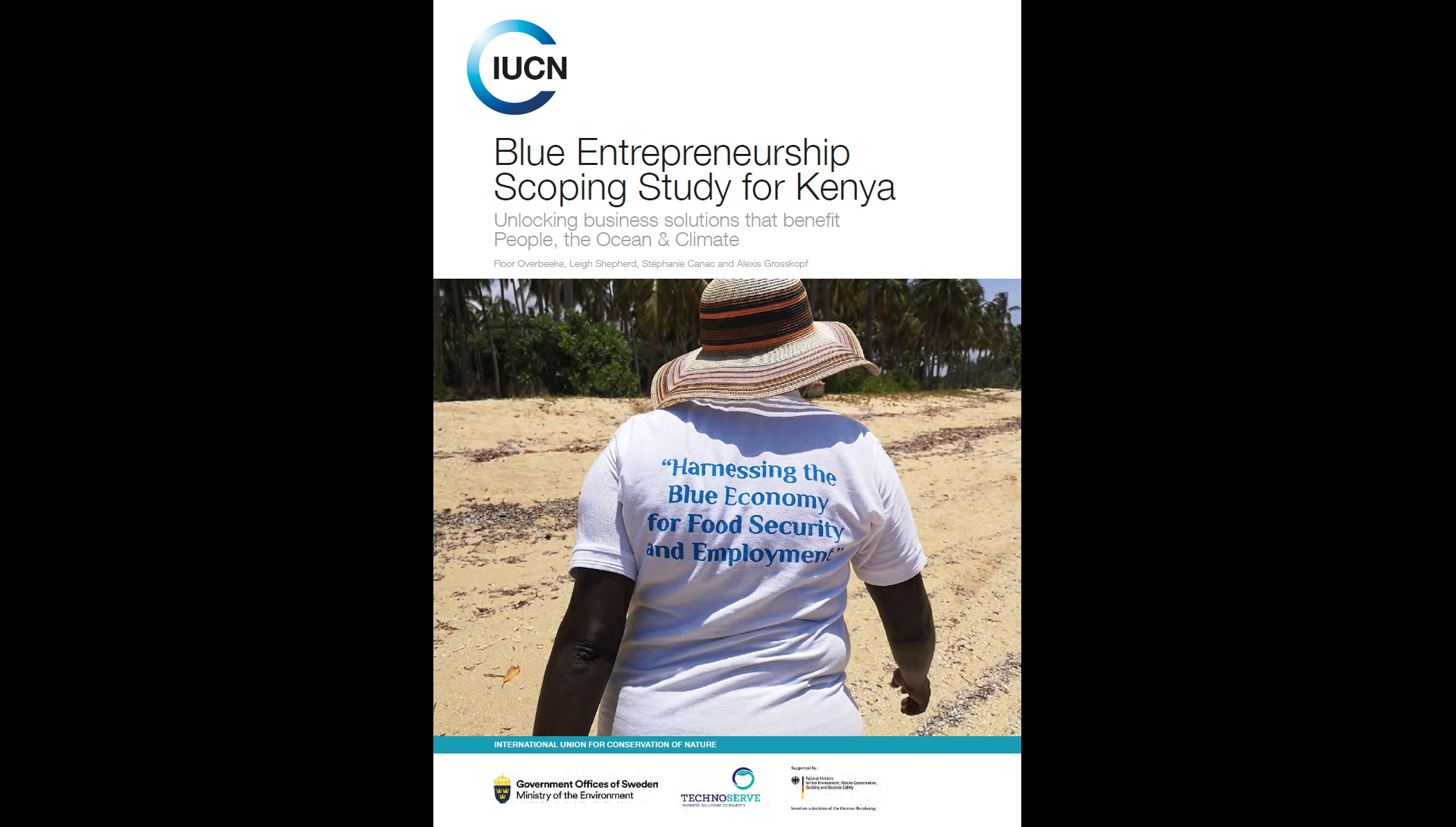IUCN World Commission on Environmental Law Hosts Second Webinar in New Series
By Sheila Abed - On Monday, 18 May 2020, WCEL hosted the Webinar “A Fresh Look at Global Wildlife Trade Law: Can CITES Help Prevent Pandemics?” featuring a panel of global experts.

Photo: Kenneth Cameron / USFWS
Adopted in 1973, the Convention on International Trade in Endangered Species of Wild Fauna and Flora (CITES) is an international legally binding agreement ratified by 183 countries that regulates the international trade of endangered plants and animals. Since risks to public health through wildlife-related zoonotic diseases can come from unregulated, regulated, and illegal wildlife trade, CITES has been identified as a possible legal tool to help prevent future pandemics.
The Webinar “A Fresh Look at Global Wildlife Trade Law: Can CITES Help Prevent Pandemics?” featured an international panel of CITES experts who explored the role of the convention in preventing the next pandemic. Panelists included John Scanlon, the former Secretary-General of CITES currently serving as the Special Envoy to African Parks, Judi Wakungu, the former Environment Minister to Kenya currently serving as the Kenyan Ambassador to France, and Qin Tianbao, Professor and Director of the Research Institute of Environmental Law (RIEL) at Wuhan University in China. The panel was moderated by WCEL Chair Emerita, Sheila Abed.
Mr. Scanlon recognized that while CITES has been quite effective at preventing overexploitation of affected species, the convention has been less effective at addressing public health issues. In spite of efforts to partner with health organizations, such as the 2016 cooperation agreement with the World Animal Health Organisation (OIE), public health is not a priority because it is not part of the core mandate of CITES. CITES only applies to the cross-border movement of species listed based upon trade and biological criteria. Until the criteria is expanded to include the risks to public health, or animal health, of wildlife trade, the role of CITES to address future pandemics will remain limited. Mr. Scanlon’s remarks are available here.
Ambassador Wakungu suggested that CITES can only be effective to address future pandemics if environmental regulations continue to be strengthened and enforced. She notes that national governments are ultimately responsible for enforcement of CITES but action has been inconsistent across nation states and successive administrations. Although trade in flora and fauna is a source of livelihood in many communities, illegal wildlife trafficking is a lucrative, criminal and dangerous business. Accordingly, business as usual is unsustainable and additional investment is needed as prevention is better than a cure.
Professor Tianbao presented China’s domestic implementation of CITES and its international implications. Since joining CITES in 1981, China has adopted legislation to protect wild plants and animals, and implemented programs to monitor illegal wildlife trade. Since the viral outbreak, the State Administration of Market Regulation, Ministry of Agricultural and Rural Affairs, and the State Forestry and Grassland Administration (SFGA) have temporarily banned the trade of wildlife. Additionally, the Standing Committee of the National People‘s Congress adopted a decision to comprehensively prohibit the illegal trade of wildlife and wildlife consumption to protect the health and safety of humans. The Wildlife Conservation Society (WCS) recognizes China’s efforts as a step in the right direction.
You can watch the full webinar here:
About the Author
 Photo: Sheila Abed
Photo: Sheila Abed



